Bird chick clip on BBC One’s Drowning in Plastic documentary leaved viewers in tears
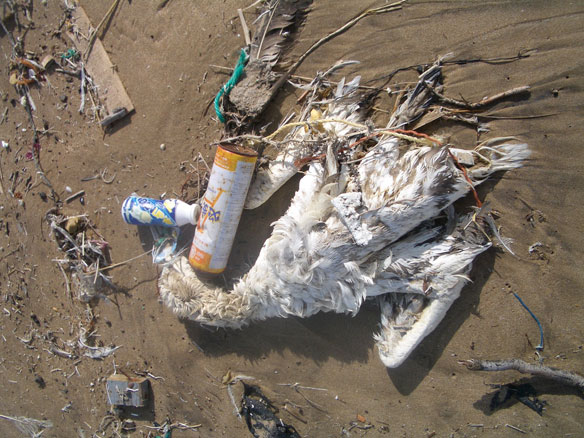
However hard this is to watch, we must face up to it.
Against the grain: anger grows at spike in ‘sand graffiti’ by tourists in Japan
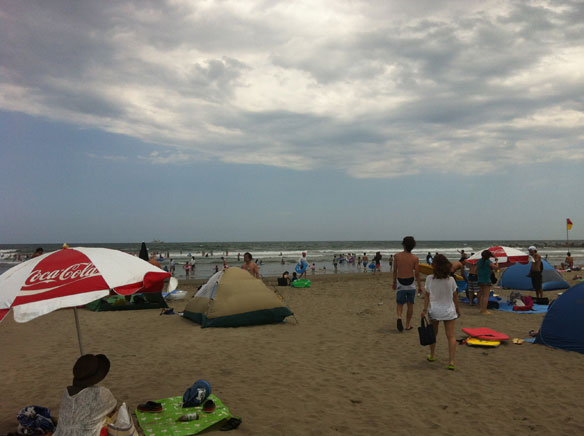
Local authorities in Japan have drawn a line in the sand amid anger over a rise in graffiti by foreign tourists disfiguring its pristine coastal dunes.
Most parents want kids to learn about climate change, but most schools don’t teach it
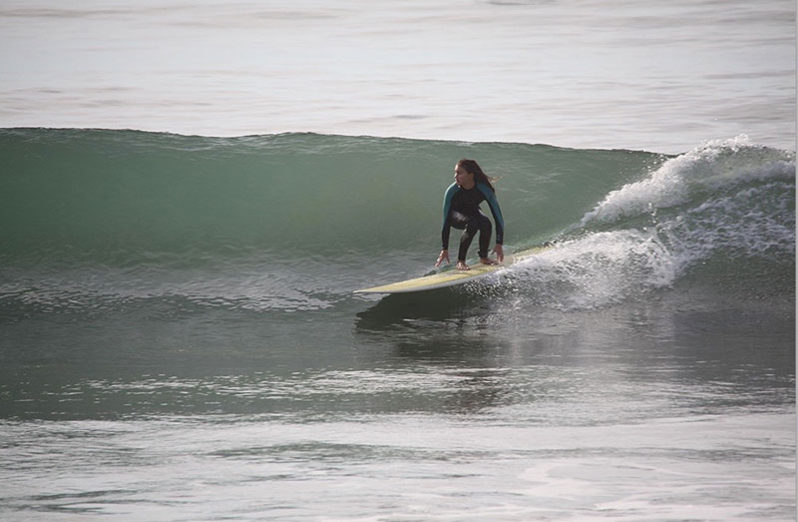
A new study paints a glaring divide between what parents want their kids to learn in school and what’s actually being taught. According to a new poll conducted by NPR and Ipsos, more than 80 percent of parents are in favor of teaching of climate change in school.
Beach cleanups are missing millions of pieces of plastic
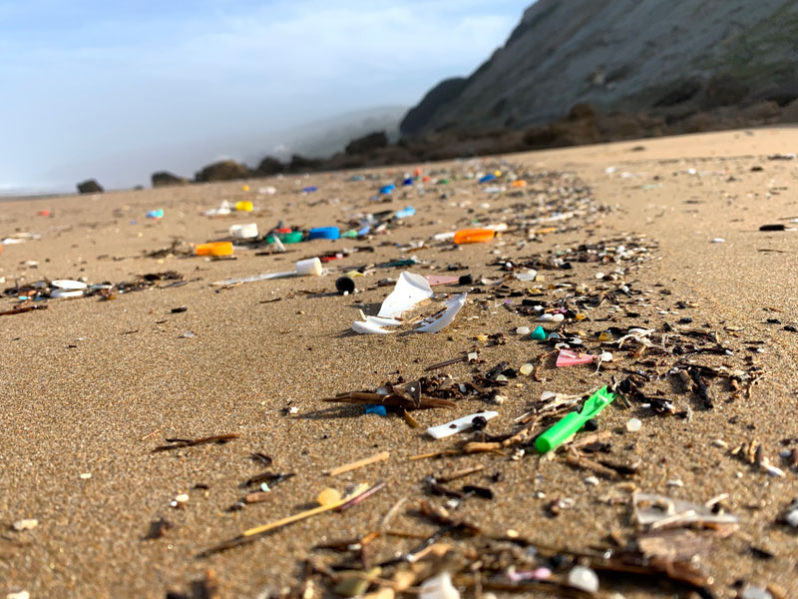
In the last decade, beach cleanups have grown into a global phenomenon, with volunteers gathering at regular intervals for the Sisyphean task of cleaning up plastic trash. Now, a new research suggests that beach cleanups can inadvertently mask the full scale of plastic pollution, much of which lies below the sand’s surface.
Glint of the Irrawaddy Delta

The Irrawaddy is the largest river in Burma (Myanmar) and the country’s most important transportation artery.
Dozens of gray whales are dying on the West Coast. What’s killing them?
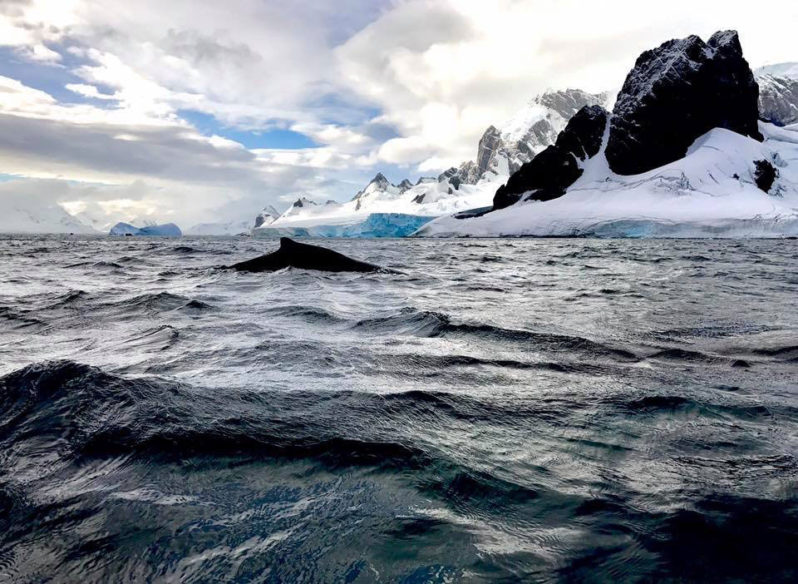
At least 53 dead or dying gray whales have washed up on West Coast beaches this spring, a death rate that’s only been seen once before. The great mammals are starving to death and scientists have theories as to why but so far no full explanation. The number of deaths is likely much higher because it’s estimated that only 10% of dead whales actually end up on shore.
Predicting Wave Wash Overs for Sea Turtle Nests
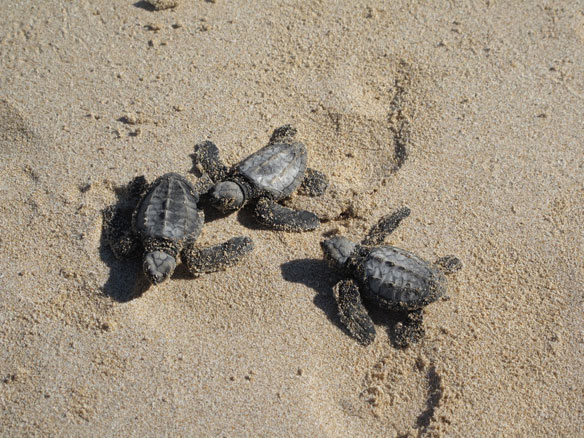
To better protect coastal species, researchers developed a model that predicts harmful wash overs with 83% accuracy.
Explorer says record-breaking deep dive “opening the door for science”
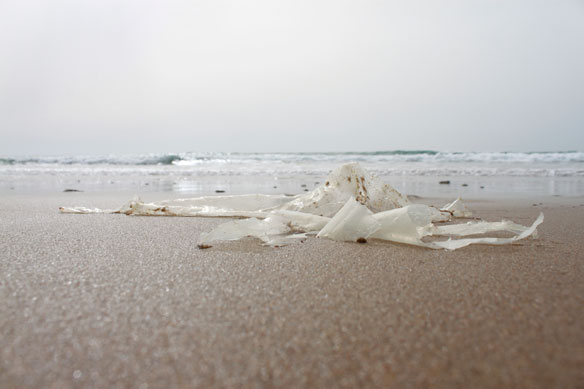
An American diver set a new record for the deepest dive in history last month when he plunged nearly 36,000 feet. Though he was the first to make it to those depths, man’s impact is already present there with plastic scattered among the sea creatures.
New data platform illuminates history of humans’ environmental impact
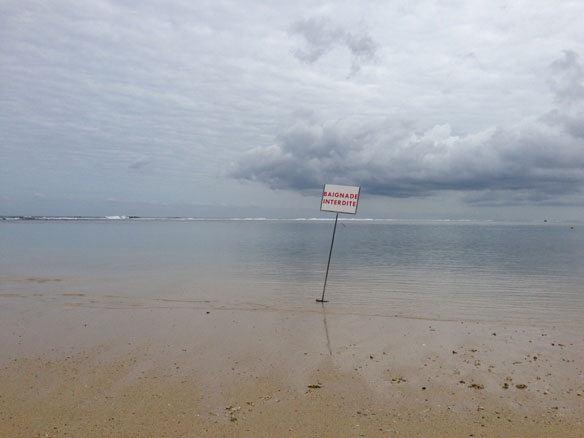
Animal remains found at archaeological sites tell the millennia-long story of how humans have hunted, domesticated and transported wildlife, altered landscapes and responded to environmental changes such as shifting temperatures and sea levels.Now, that story is available digitally through a new open-access data platform which links records of animals across biological and archaeological databases
